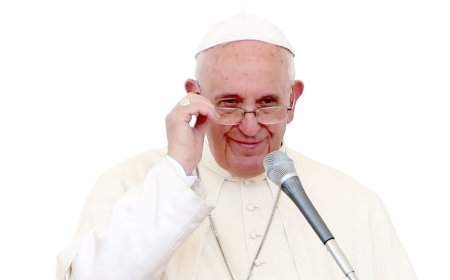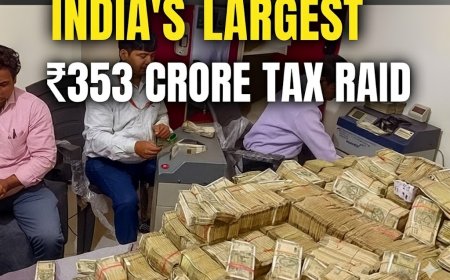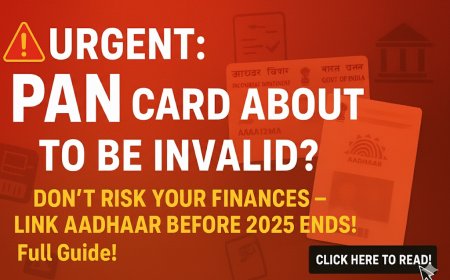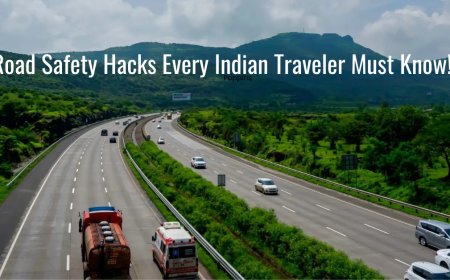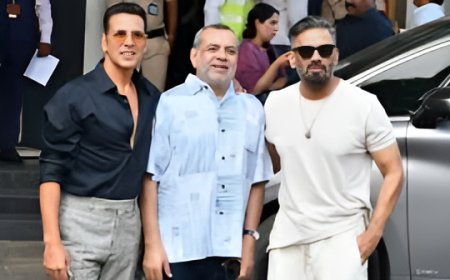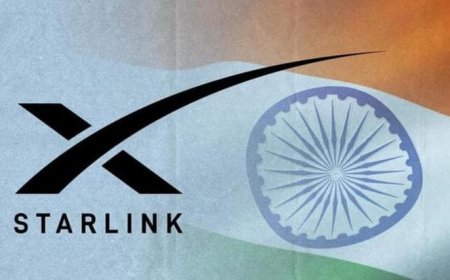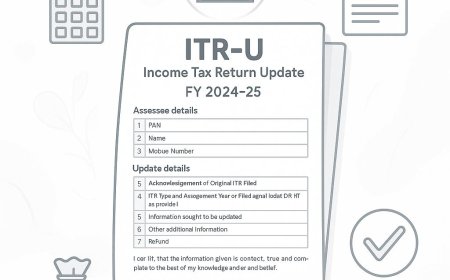Vodafone Idea Potential Shutdown: What It Means for India’s Telecom Sector
Discover the impact of Vodafone Idea’s potential shutdown on India’s telecom sector. Explore how this development could reshape competition, consumer choices, and the future of connectivity in India.
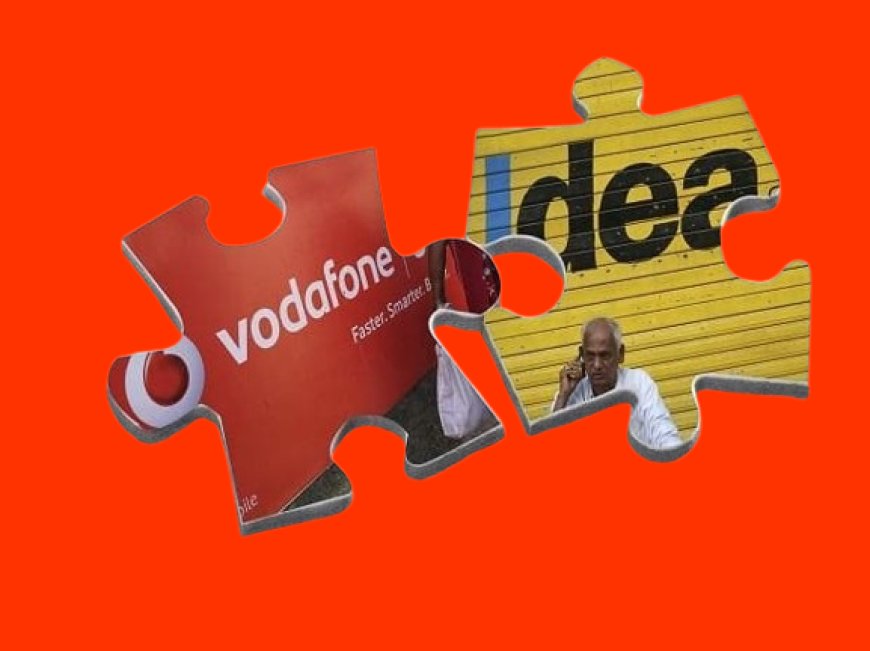
India’s telecom industry is at a turning point—and at the center of it stands Vodafone Idea (Vi), a company battling enormous financial stress. With mounting debts, legal setbacks, and limited support, Vi has publicly stated it may not survive beyond the financial year 2025–26 without urgent intervention. The possible exit of one of India’s largest telecom players could reshape the entire telecom ecosystem, impacting over 200 million users and triggering wider economic consequences.
Here’s everything you need to know about Vodafone Idea’s crisis, its causes, current developments, and what could happen if the company shuts down.
The Backstory: From Industry Giant to Survival Struggle
Vodafone Idea was born in 2018 after the merger of Vodafone India and Idea Cellular—both well-established players at the time. The merger aimed to create a stronger competitor to Reliance Jio and Bharti Airtel. However, the timing was unfortunate. By then, Jio had disrupted the market with ultra-cheap tariffs, eroding revenue for all incumbents.
Adding to Vi’s trouble was the Adjusted Gross Revenue (AGR) crisis. In 2019, the Supreme Court of India ruled in favor of the government’s broader definition of AGR, which included non-core revenues like rent and interest. This decision drastically inflated the dues owed by telecom companies, with Vi emerging as the worst hit.
AGR and Spectrum Dues: A Massive Financial Burden
As of 2025, Vodafone Idea owes ₹83,000 crore in AGR-related liabilities, with annual payments of ₹18,000 crore starting FY26. But this is just one part of the problem.
When you include spectrum dues, the company’s total liabilities to the government skyrocket to over ₹2 lakh crore. That’s an overwhelming amount—especially considering that the company’s current cash flows are insufficient to cover these recurring obligations.
No Lifeline from Banks—Funding Hits a Wall
Despite a ₹26,000 crore equity infusion from promoters and earlier government support in the form of converting dues into equity, Vodafone Idea’s finances remain precarious. The company has tried to secure additional funding from banks, but lenders are unwilling to extend fresh credit without clear regulatory backing or relief measures.
In short, the banks are waiting for the government to move first—and the government hasn't yet shown its hand.
Supreme Court Ruling: No Waiver, No Relief Yet
The situation took a turn for the worse on May 19, 2025, when the Supreme Court rejected Vodafone Idea’s request for a waiver of about ₹30,000 crore, largely composed of penalties and interest on AGR dues.
While the court ruled out any legal leniency, it left a small window open by saying it wouldn't object to government-led intervention. This implies that if the government wants to help, it can—but it must take the initiative.
Vodafone Idea’s Warnings and Calls for Action
In the wake of the verdict, Vodafone Idea issued a clear warning: unless immediate relief is granted or fresh funding is secured, the company would have no option but to approach the National Company Law Tribunal (NCLT) and initiate insolvency proceedings.
The company has made multiple requests to the government, including:
1. A moratorium on spectrum payments
2. Restructuring of AGR dues
3. Permission for flexible payment terms
Vi's CEO also confirmed that funding talks with banks remain stalled until the government takes action.
What Happens If Vodafone Idea Shuts Down?
1. Over 200 Million Subscribers Affected
If Vi ceases operations, more than 200 million mobile users will be forced to migrate to other networks. This sudden shift could overwhelm the infrastructure of rival operators, especially in rural areas where Vi holds strong.
2. The Rise of a Telecom Duopoly
Vi’s exit would reduce India’s telecom market to just two major private players—Reliance Jio and Bharti Airtel. A duopoly could limit consumer choice, reduce competition, and eventually lead to higher tariffs.
3. Banking Sector Exposure
Indian banks have significant exposure to Vodafone Idea. A collapse could lead to loan defaults, increasing the burden of Non-Performing Assets (NPAs) and adding stress to the already fragile banking system.
4. Employment and Economic Setbacks
Thousands of direct and indirect jobs could be lost, not to mention the hit to vendors, tower infrastructure providers, and retailers. Additionally, India's digital ambitions, including rural connectivity and 5G rollout, could suffer major delays.
Current Status: As of May 2025
The Supreme Court has ruled out AGR relief but left the door open for a government rescue package. The government has not yet announced any new support measures, nor has it made further moves to convert additional debt into equity.
Vodafone Idea continues to plead for urgent assistance, warning that "no support will lead to a point of no return."
What Lies Ahead: Will the Government Step In?
At this point, all eyes are on the government. With the legal route closed, only a political or regulatory solution can save Vodafone Idea.
Possible next steps include:
1. A restructured payment schedule for AGR and spectrum dues.
2. Further conversion of debt into equity, increasing government ownership.
3. Incentivizing bank lending through guarantees or policy backing.
The government must balance the interests of public finance with the need to preserve a healthy telecom ecosystem. A market collapse would not only harm consumers but also stall progress in key areas like digital governance, 5G expansion, and rural connectivity.
Conclusion: A Make-or-Break Moment for Indian Telecom
Vodafone Idea’s crisis is not just about one company—it’s a test for India's regulatory and financial institutions. The company’s survival depends on urgent support, without which India risks losing its third-largest telecom operator, affecting millions of users and creating a market imbalance. As the clock ticks towards FY26, the question remains: Will the government act in time, or are we witnessing the slow fall of a telecom giant?
For now, Vodafone Idea’s fate hangs by a thread—held together by urgent pleas, public warnings, and hope for intervention that may or may not come.
What's Your Reaction?
 Like
0
Like
0
 Dislike
0
Dislike
0
 Love
0
Love
0
 Funny
0
Funny
0
 Angry
0
Angry
0
 Sad
0
Sad
0
 Wow
0
Wow
0



